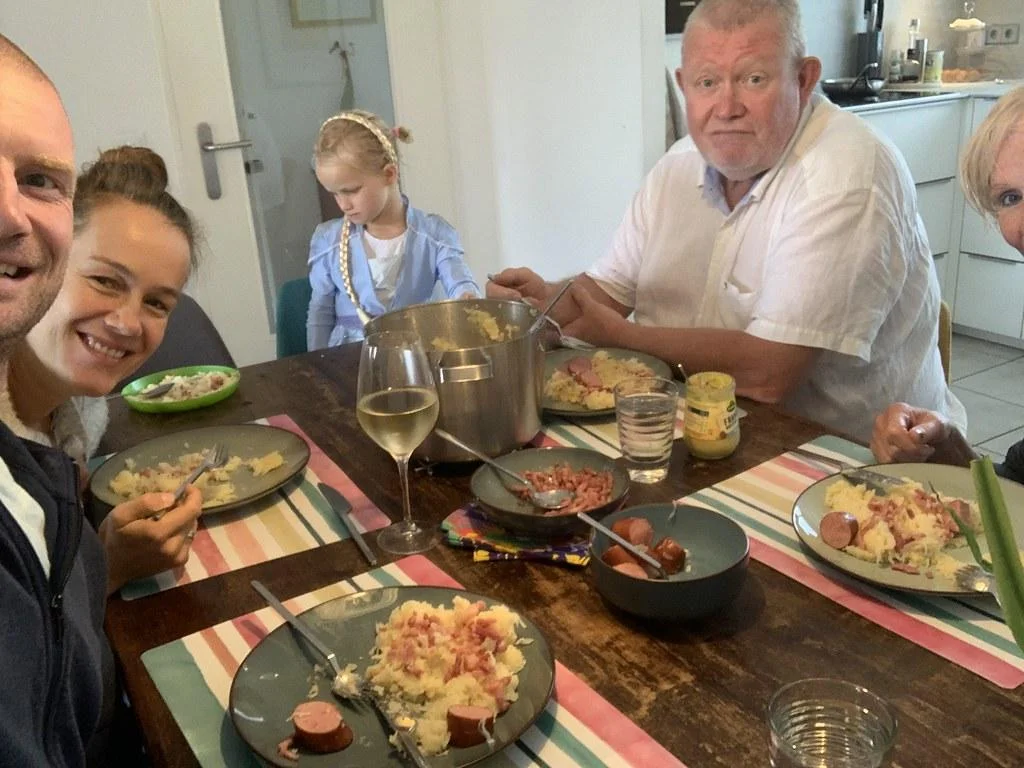You’ve decided that an elderly home might be the best option for your parents. It’s a big decision, filled with both relief and a touch of worry.
You want them to be safe, comfortable, and most importantly, happy.
But with a sea of options available, how do you choose the perfect place?
Here’s the thing: it’s not just about the facilities or the price tag.
It’s about finding a home that truly caters to your parents’ specific needs and offers the level of care that puts your mind at ease.
Look at it this way: your dad, a retired mechanic known for fixing anything, has recently become forgetful. He leaves the stove on occasionally, and you worry about him being alone.
A basic independent living facility might not be the best fit. You need a place with staff trained to handle memory issues and provide reminders and assistance.
The decision to find an elderly home for your parents can be emotional. You want the best possible care for them, but navigating the various options can feel overwhelming.
Here’s a guide to ease the process, highlighting 11 key considerations that ensure you choose the perfect environment for your loved ones.
Table of Contents
11 Key Considerations for Choosing an Elderly Home
What are the 11 considerations for choosing an elderly home?
1. Understanding Your Parents’ Needs:
3. Location, Location, Location:
5. Schedule a Visit (or Several):
6. Talk to Staff and Residents:
8. Communication and Transparency:
10. Flexibility and Future Needs:
11. Staff Quality and Training:
Final Note on Choosing an Elderly Home
What are the 11 considerations for choosing an elderly home?
1. Understanding Your Parents’ Needs:
It all starts with your parents. Before embarking on your search, take a step back and assess their current and potential future needs. Consider their physical health, mobility, and daily living capabilities.
Questions to get clarity on will be:
- Do they require assistance with bathing, dressing, or medication management?
- Are they experiencing memory-related issues?
- Is there a chance they might need specialized care for dementia or other conditions in the future?
Example: Your mom, an avid gardener, has recently struggled with balance and fatigue. A two-story home with stairs is becoming a challenge.
You need a single-story facility with accessible features and assistance for daily activities, but also one that offers outdoor space for her to enjoy her passion for gardening.

2. Levels of Care:
Elderly homes offer different levels of care, and understanding these helps narrow down your options. Some common categories include:
- Independent Living: For seniors who are mostly self-sufficient but may require occasional assistance with meals or housekeeping.
- Assisted Living: Provides help with daily activities like bathing, dressing, and medication management, while offering residents independence.
- Memory Care: Specialized care for residents with dementia, providing a secure and structured environment.
- Skilled Nursing Care: For seniors requiring 24/7 medical attention and assistance with complex medical needs.
3. Location, Location, Location:
Consider your proximity to the elderly home. Frequent visits are crucial for your parents’ well-being and your peace of mind.
Is it within a reasonable distance for you and other family members to visit regularly?
Think about access to transportation if you or your parents rely on it.
For example: Your dad is a social butterfly who cherishes visits from his grandkids. While a beautiful rural facility might seem appealing, consider the travel time and potential impact on his frequent interactions with loved ones. A closer location with easy access might be a better fit.
4. Cost and Budget:
Elderly care can be expensive, so setting a realistic budget is important.
Factor in the monthly fees, additional costs for medications or specialized care, and any potential changes in your parents’ financial situation.
Explore whether your parents’ insurance plans or government programs might offer some financial coverage.
5. Schedule a Visit (or Several):
Don’t rely solely on brochures or online reviews. Schedule tours of potential facilities and bring your parents along whenever possible. Observe the environment:
- Cleanliness and Comfort: Is the home well-maintained and inviting? Is there ample natural light and comfortable seating areas?
- Safety and Security: Are there grab bars in bathrooms, and is the environment free of tripping hazards? Are there security measures in place?
- Socialization and Activities: Does the home offer opportunities for residents to socialize and participate in activities that interest your parents? This can significantly impact their well-being.
Pro Tip: Schedule your visits during mealtimes and activity periods. This allows you to observe the overall atmosphere, resident-staff interaction, and the quality of activities offered.
6. Talk to Staff and Residents:
Don’t be afraid to ask questions! Talk to staff members about their qualifications and experience, staffing ratios (the number of caregivers per resident), and the overall philosophy of care.
Chat with some residents if possible (with their permission, of course). Hearing their experiences can offer valuable insights.
7. Meals and Nutrition:
Ask about the meals provided: Are they nutritious and appealing?
Do they cater to dietary restrictions?
Can residents adjust their meal plans or have access to snacks?
A healthy and appetizing diet is vital for your parents’ health and well-being.

8. Communication and Transparency:
How will the home communicate with you about your parents’ health and well-being?
Will you receive regular updates? How can you reach them if you have concerns?
Let’s use this example: Your mom suffers from anxiety and prefers familiar routines.
Establishing clear communication with the staff about her preferences and keeping you informed about any changes can create a smoother transition for her.
9. Trust Your Gut:
Beyond the checklists and reviews, pay attention to your gut feeling. Ask the questions:
- Does the environment feel warm, welcoming, and respectful?
- Do the staff members seem patient and caring?
- Does the overall atmosphere feel like a place where your parents would be happy and comfortable?
10. Flexibility and Future Needs:
Think long-term. While your parents might be relatively independent now, what if their needs change in the future?
Can the chosen facility offer increased levels of care if needed, or would a move be necessary?
Choosing a home with flexibility and potential for future care adaptations can offer peace of mind.
For instance: Your dad is currently in good health but has a history of heart problems. Opting for a facility that offers assisted living with the option to transition to skilled nursing care on-site, should his condition worsen, eliminates the stress of potentially having to relocate him later.

11. Staff Quality and Training:
Inquire about the staff’s training and qualifications. This is crucial for ensuring your parents receive high-quality care. Here are some specific training areas to ask about:
- Direct care: How are caregivers trained to assist residents with daily living activities like bathing, dressing, and medication management?
- Dementia care: If your parent has dementia or is at risk, ask about the staff’s training in dementia-specific care approaches. This ensures they understand the unique needs of residents with dementia and can provide compassionate and respectful care.
- First aid and CPR: Are staff members trained in basic first aid and CPR? This can be essential in case of emergencies.
- De-escalation techniques: Especially for residents who might experience moments of agitation or confusion, understanding how staff handle these situations is crucial. Ask about their training in de-escalation techniques, which help staff calm residents down without resorting to restraint.
- Communication skills: Effective communication is critical for building trust and understanding residents’ needs. Inquire about staff training in communication skills tailored to elderly care, including techniques for active listening and clear communication.
- Cultural competency: Does the staff receive training on cultural sensitivity and understanding diverse needs of residents from different backgrounds? This ensures everyone feels respected and valued.
Final Note on Choosing an Elderly Home
Choosing an elderly home is a personal decision. There’s no “one size fits all” answer.
Prioritize your parents’ specific needs and preferences while considering your own comfort level and ability to be involved in their care.
By diligently considering these factors and following these helpful tips, you can confidently choose a home that offers your loved ones a safe, comfortable, and supportive environment in their golden years.









